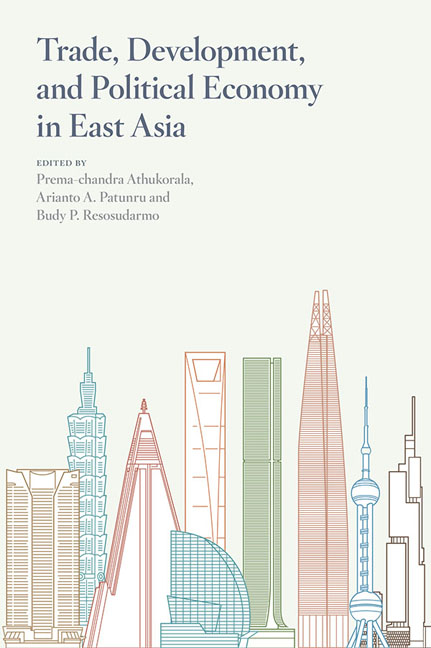Foreword
Published online by Cambridge University Press: 19 May 2017
Summary
Over 8 percent of humanity resides in Southeast Asia—much more than in any of North or South America, or Europe. Located on the sea routes between the global giants of India and China, it sometimes recedes from the view of the international community. Southeast Asia rarely attracts the attention in the old centres of scholarship in North America and Europe that is warranted by its importance and interest.
Southeast Asians have enjoyed a particular experience of modern economic development. That experience is important simply because it embodies the lives of a major part of humanity. It is also important because it provides an opportunity for observation of unique characteristics of modern economic development—in the words of the Editors of this book, a ‘laboratory’ for observation of new perspectives on the reality of development (p. 1).
People all over the world who are interested in modern economic development and sufficiently well informed to know how much Southeast Asia matters are hugely indebted to the life's work of Hal Hill that is honoured in this book. Through the forty years I have known him, Hill has worked steadily, diligently, and productively to understand the political, social, and economic contexts of development in Southeast Asia.
Hill has consistently and reliably brought insights from mainstream modern economic analysis to account in seeking to understand his subject. Hence the consistent reaffirmation in Hill's work of such established verities in economics as the value of free multilateral trade and the dangers that arise from well-meaning variations on the theme; the importance of sound fiscal and monetary policy; the value of market exchange to human welfare wherever the conditions for markets to work effectively are present; and the importance to successful development of effective interventions by government to provide public goods that are essential for development and to allow markets to contribute positively to development.
Hill does much more than this. His work recognises the importance of complex institutional realities that vary across countries and regions and are themselves changed by the experience of economic development. The embedding of his work through his professional life in a Department and School of scholars interested in development in Southeast Asia in all of its social and political complexity enriched his work.
- Type
- Chapter
- Information
- Trade, Development, and Political Economy in East AsiaEssays in Honour of Hal Hill, pp. xvii - xxPublisher: ISEAS–Yusof Ishak InstitutePrint publication year: 2014

